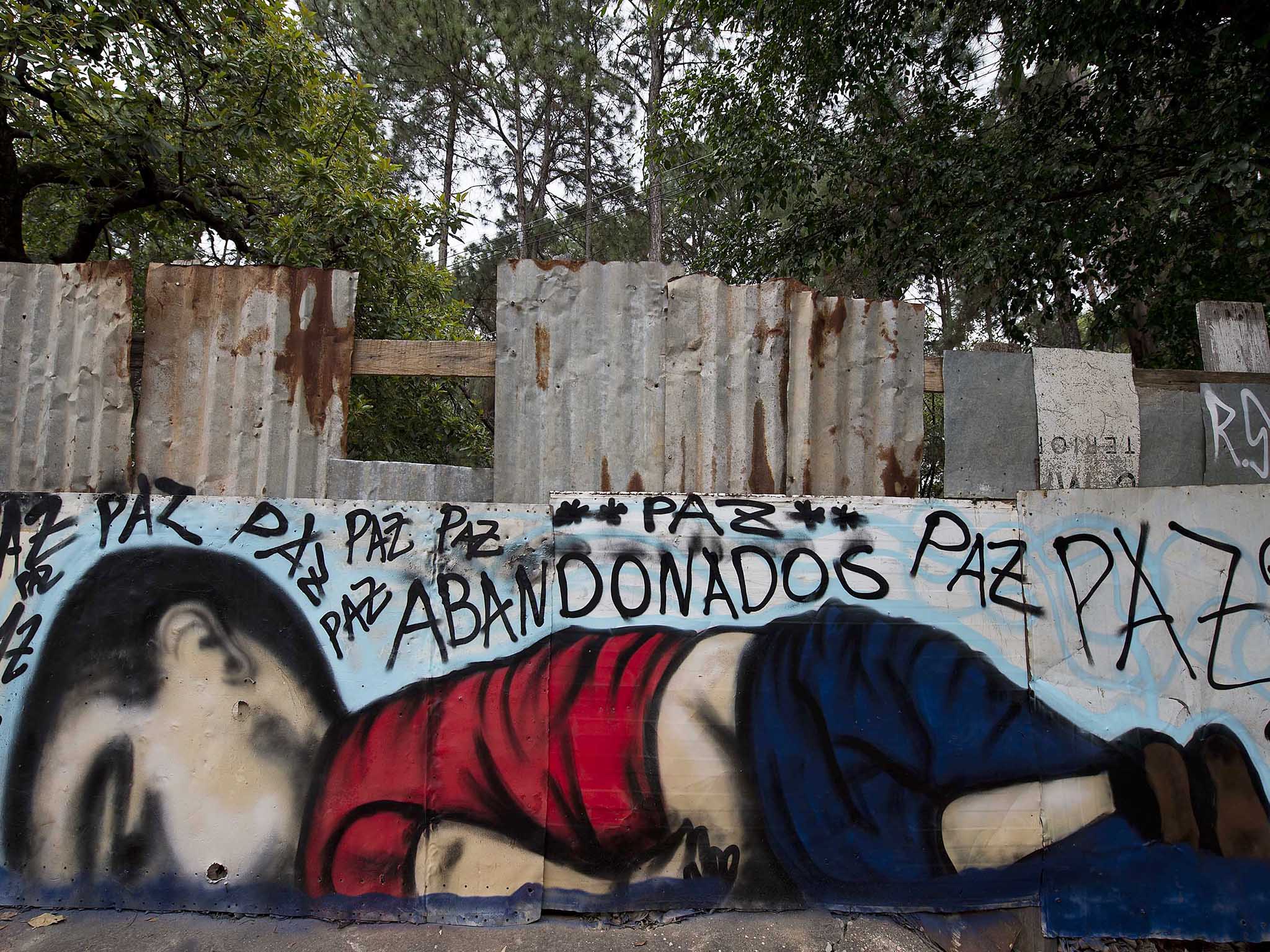Three years on from Alan Kurdi’s death and life is no better for child refugees in Europe
Though many grassroots organisations and charities are filling the gaps, they’re doing the work that the government should be doing

Your support helps us to tell the story
From reproductive rights to climate change to Big Tech, The Independent is on the ground when the story is developing. Whether it's investigating the financials of Elon Musk's pro-Trump PAC or producing our latest documentary, 'The A Word', which shines a light on the American women fighting for reproductive rights, we know how important it is to parse out the facts from the messaging.
At such a critical moment in US history, we need reporters on the ground. Your donation allows us to keep sending journalists to speak to both sides of the story.
The Independent is trusted by Americans across the entire political spectrum. And unlike many other quality news outlets, we choose not to lock Americans out of our reporting and analysis with paywalls. We believe quality journalism should be available to everyone, paid for by those who can afford it.
Your support makes all the difference.Three years ago on 2 September 2015, three-year-old Alan Kurdi drowned crossing the Aegean sea along with his five-year-old brother Ghalib and mother Rehanna.
The image of his small lifeless body, washed up on a Turkish beach was a reminder of the human cost of the burgeoning Syrian refugee crisis. It was a wake-up call to the West in particular. Many refugee charities saw a surge in donations. The week after the photo, the amount given to the Swedish Red Cross was fifty-five times greater than it had been the week previously.
In Canada, the country where the Kurdis had initially wanted to claim asylum, it became a central issue in the Canadian Federal Election, which saw Justin Trudeau elected as the country’s prime minister. Then French president Francois Hollande called it “a human catastrophe”.
Three years later, things are little better for children seeking refuge on European shores. On the Greek island of Lesbos, the refugee camp of Moria is overflowing with a population of around 10,000 and only capacity for 2,000. Many experienced aid workers in Moria assert it is the worst camp they have ever seen. It has recently been reported that children as young as ten are trying to commit suicide inside the camp.
On the streets of Paris, estimates by organisations working with refugees suggest hundreds of unaccompanied children are sleeping rough in the French capital. In Calais, the police brutality against child migrants is well documented. Beatings, tear gas and pepper spray are used routinely against the children who are sleeping rough in and around the city.
The poor treatment of child refugees and migrants by European governments doesn’t only include turning a blind eye to physical violence or homelessness but has also had serious implications on their chances of asylum.
In July, it was revealed that the UK government “materially misled” the high court about its dealings with child refugees who had had their applications to join family members in the UK denied. These children were not given adequate reasons for their refusal and the process was determined to be “unfair and unlawful”.
Now many of those children have gone missing from French care shelters. Bear in mind that a census taken by Help Refugees in the Calais Jungle camp estimated the average age of children living there as around 13-years-old.
Under the Dubs Amendment, the UK has similarly only accepted 350 unaccompanied minors from the Jungle, even though figures as high as 3,000 were originally touted. The Amendment is named after its most ardent pioneer, Lord Alfred Dubs. Dubs came to the UK on the Kindertransport scheme, which saved thousands of refugee children in Europe before the outbreak of the Second World War. Last year, the Dubs Amendment was closed with no future plans to bring any more children to the UK.
If this seems like a series of unfortunate events, it isn’t. There is nothing accidental about the neglect of child refugees. It is purposeful. Many grassroots organisations and charities on the ground are filling the gaps and doing the work, which should be done by local authorities.
There are many who shoulder the blame for the way child refugees and migrants are living in Europe. 2 Marsham Street, the headquarters of the UK Home Office is one of them.
The first Kindertransport train left Germany in 1938, when the United Kingdom took in nearly 10,000 child refugees from Germany, Austria, Czechoslovakia and Poland. Now in 2018, under the Dubs Amendment, only 480 spaces have been made available for unaccompanied children to come to the UK.
80 years on from the Kindertransport and three years on from Kurdi’s death, the situation for child refugees in Europe is precarious. Clearly, the UK and Europe cannot take “everyone”: but no one ever asked it to.
What is being asked, by all those working with refugee and migrant children, is an understanding that whilst those at the Home Office and all other policymakers across the continent may disagree with a child’s right to remain in Europe, they cannot ignore their right to life when they are here.
Join our commenting forum
Join thought-provoking conversations, follow other Independent readers and see their replies
Comments